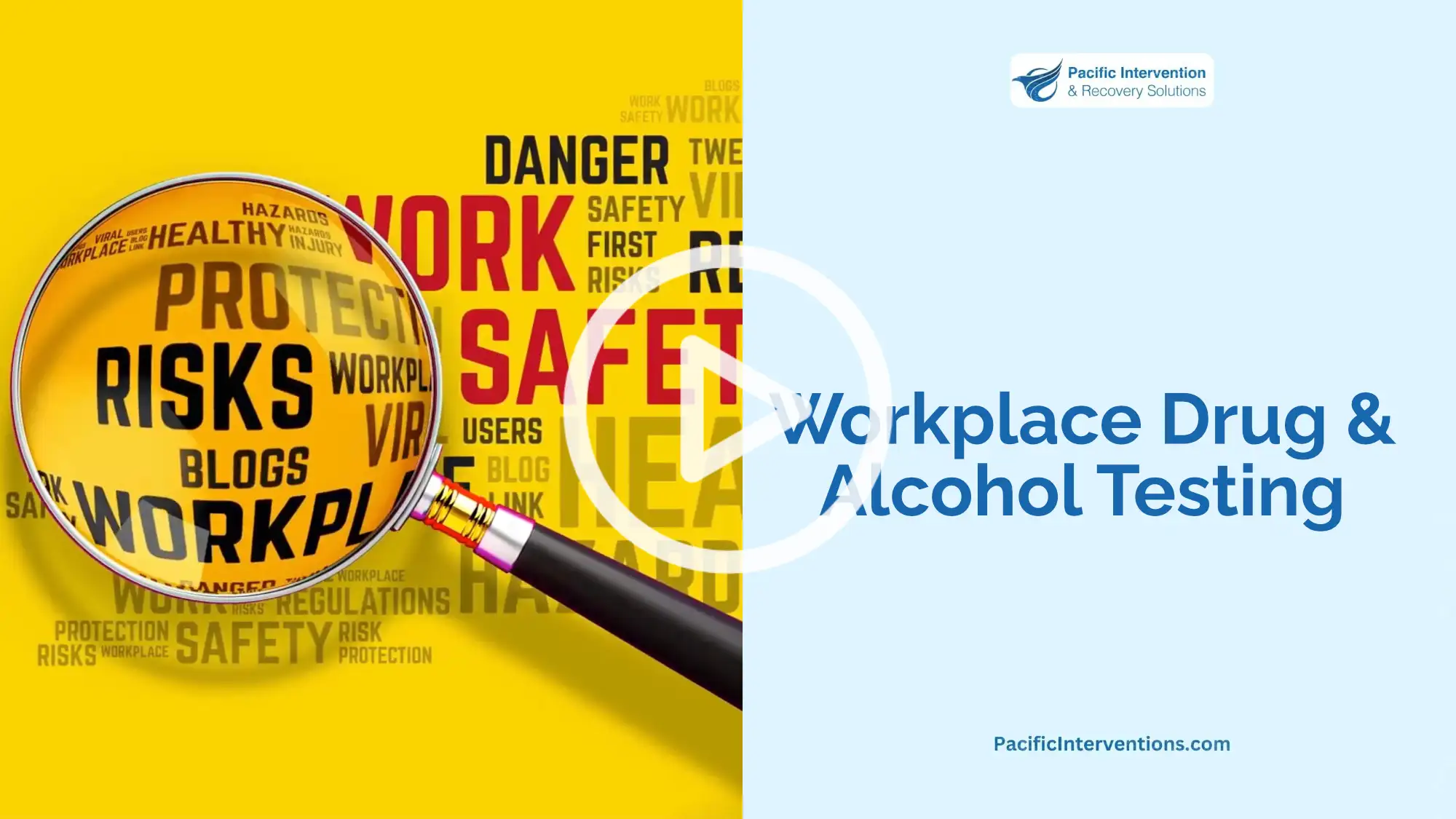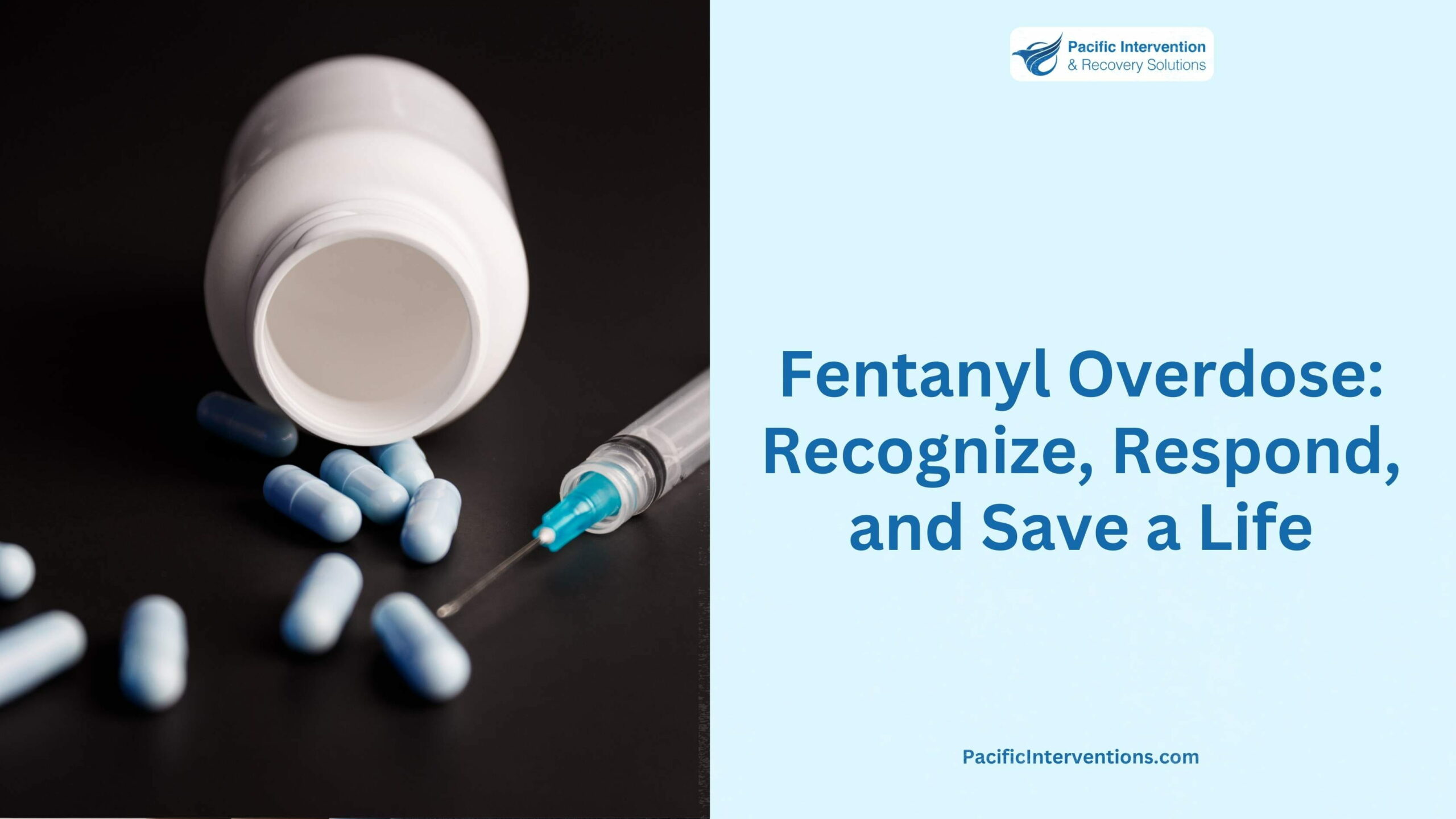5 Key Components to Hiring an Interventionist, and why you should.
The decision to have an intervention is not an easy one for most families to make. A family may take months or years to decide to get help for an addicted loved one. It’s possible for this process to divide families, leading to frustration and a loss of hope that they will ever be able to do anything to help their loved ones with a substance abuse problem. This is where the professional services of an interventionist come in; It can be the decision that lifts some of the stress off that group and ultimately shift the family dynamic back into a more positive light. This shift in understanding, perspective and approach to the problem allows for the implementation of concrete solutions, which will lead to recovery for all those involved. Below we have highlighted 5 key components to hiring an interventionist and why you should.
Families just want to help their loved ones, but attempting an intervention, which is a complex multi-faceted endeavor, without the help of a professional can be very risky.
A Trained Interventionist is Critical!
One of the main factors to consider in the intervention equation is that the interventionist has professional background and training in safely resolving these type of situations (which can include heated discussion, a wide range of emotions and hurt feelings). Search Interventionists
A professional interventionist has the required expertise, including the following five skills:
- Assessments: Professional interventionists have the ability to accurately interpret the symptoms of an addicted individual. By completing a comprehensive assessment, an interventionist can confidently recommend addictions intervention strategies, detoxification procedures, and suggest a variety of treatment options.
- Withdrawal Management: Successfully treating the symptoms of withdrawal is a medically complex procedure. Without the proper protocols in place, the individual can be at risk for significant health consequences. Thus, determining the substance of choice, the quantity used, duration of use, age, and mental health status is absolutely critical for an appropriate withdrawal plan. Knowledge of alcohol, drug, and medication, withdrawal symptoms, and risk factor allows the interventionist to put in place the best possible medical support system.
- Treatment Planning: Interventionists have many contacts in the addictions treatment realm that are not readily available to the general public. Therefore, these connections can be used to get the client the best possible treatment. Knowledge of the treatment process is also key to finding an appropriate detox facility or treatment centre for the client. Interventionists can source the best options for treatment based on the client’s needs, and on available funding.
- Counselling: A professional interventionist has the ability to engage clients on an emotional level through the use of empathy, active listening, and motivational interviewing techniques. With their own limitations in mind, interventionists will ensure that the client’s needs regarding specific and complicated issues, such as PTSD (post-traumatic stress disorder) and other co-occurring mental health disorders are met. The ability to offer a non-judgmental approach and perspective is essential during the intervention process.
- Case Management: There is no predetermined path or timeline for an individual entering recovery. Therefore, ongoing assessments and referrals through case management are essential. Thus, establishing the stability needed for long-term success. An interventionist who is truly passionate about helping your loved one will find initial treatment, help build a happy balanced life, and provide ongoing attention to all those affected by the disease. Once a foundation has been established in an addicted person’s life, an experienced interventionist can assist in planning for the future and finding suitable resources to address the needs of all.
If you’re contemplating an intervention as an option to help a loved one in need, consider these five crucial components implemented by professional interventions. Armed with a professional who possesses these skills, allows the family to successfully fight back against addiction. These are only 5 components to hiring an interventionist, which trained professionals have. Taking these components of an interventionist and devising an effective course of action will guide everyone towards a healthy life.









